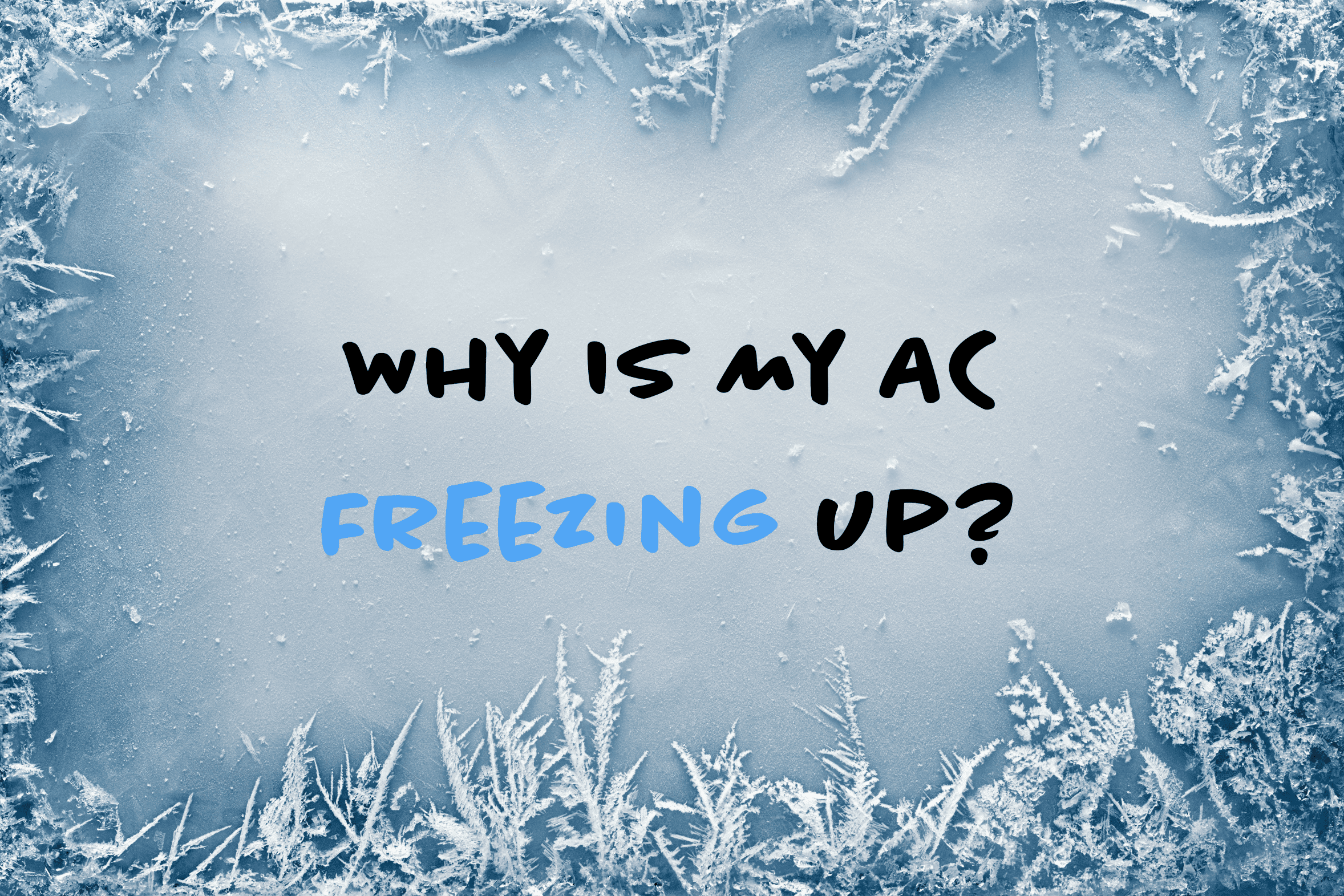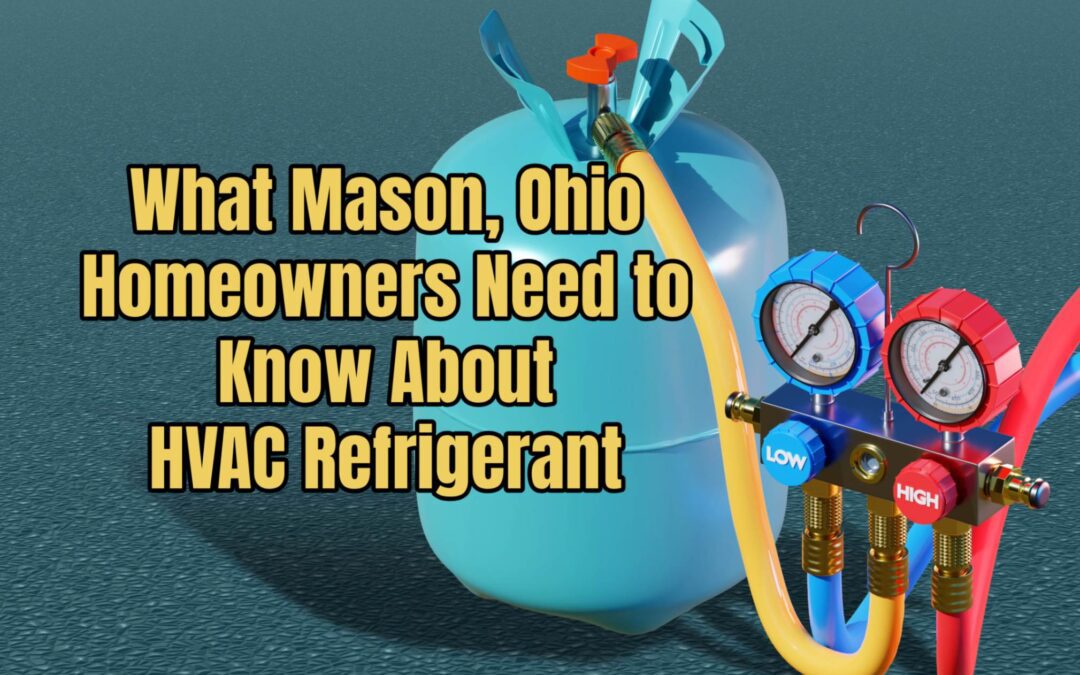Encountering a frozen air conditioner can be perplexing. No one wants their air conditioner to conk out during the hottest months of the year. The notion of an AC unit freezing during warm weather can be puzzling. How can it freeze when it’s so hot outside? However, several factors could explain why your air conditioning system might freeze. Our experts at Mason Heating & Air are prepared to guide you through the common causes and provide solutions for troubleshooting a frozen air conditioning unit.
STEP 1: STAY CALM
Our first step is to just stay calm. We know this is probably a pretty frustrating situation as it is, but it is essential to remain calm during moments of confusion. Rest assured; everything is manageable. And if you need our help, your team at Mason Heating & Air is here to assist and provide the necessary relief. Together, we will navigate and resolve this issue.
STEP 2: START TROUBLESHOOTING
Addressing Insufficient Airflow: When there is insufficient airflow, it can lead to the AC unit freezing up due to the restricted airflow. This happens because the accumulation of cool air due to clogged air filters or obstructed vents may cause the refrigerant to freeze on the coil surfaces, thereby diminishing airflow.
Resolution: In general, you should regularly inspect and replace your air filters every 1-3 months. As part of this troubleshooting process, it would be best to make sure your air filters are not clogged. Additionally, verify that all HVAC vents are open and free from blockages that could restrict airflow.
Addressing Incorrect Thermostat Settings: Your thermostat settings may be set too low (especially if you prefer cool temps in the home). If your home’s indoor temperature is excessively low, it can strain your air conditioner as it tries to maintain a consistently low temperature, potentially causing it to freeze up.
Resolution: Adjusting the thermostat to a higher setting might fix this issue. Furthermore, installing a smart thermostat can efficiently regulate and optimize your home’s temperature, thereby reducing strain on your air conditioner. With a smart thermostat, you can program your temperature preferences for a consistently comfortable home, tailored specifically for the times you are present. This eliminates the need to keep your home extremely cool even during times you are not at home, ultimately lessening the strain on your AC.
Addressing Low or Leaking Refrigerant: Low refrigerant levels or leaking refrigerant can result in freezing issues. If the coolant in your AC is not properly balanced, it may cause the evaporator’s temperature to drop excessively, resulting in moisture freezing and ice buildup.
Resolution: It is advisable to entrust refrigerant issues to professionals. Licensed HVAC technicians possess the appropriate equipment to safely monitor and manage your AC’s refrigerant levels. If a refrigerant issue is suspected, please do not hesitate to contact us.
It is important to recognize the signs of low refrigerant or leaking refrigerant issues:
- Unusual bubbling or hissing sounds when the AC is not operating
- Insufficient cool air discharge from the AC
- Visible ice formation on the refrigerant lines
STEP 3: SEEK PROFESSIONAL CONSULTATION
If the freezing problem remains unresolved, if there is a refrigerant issue, or if the problem persists, it is advisable to consult a licensed HVAC professional. Ignoring this issue can place undue stress on your air conditioner and lead to preventable damage, a situation best avoided. Please do not hesitate to contact us.
STEP 4: INITIATE DEFROSTING
Upon identifying ice on your unit, immediate action is required to restore your AC’s functionality. But before it can resume operation, the unit must be thawed first. This is also applicable while awaiting a professional diagnosis, as a frozen unit is challenging to assess and manage.
For a safe defrosting process:
- Turn off your air conditioner at the thermostat.
- Set your fan from ‘auto’ to ‘on’ to initiate thawing.
- Monitor the water from the melting ice to avoid water damage in the surrounding area.
- Exercise patience, as thawing may take from a few hours to a full day, depending on the extent of ice accumulation.
If you need professional HVAC assistance, please don’t hesitate to reach out to us!
Call Mason Heating & Air today at (513) 496-2477 or schedule an appointment online now by clicking here!







